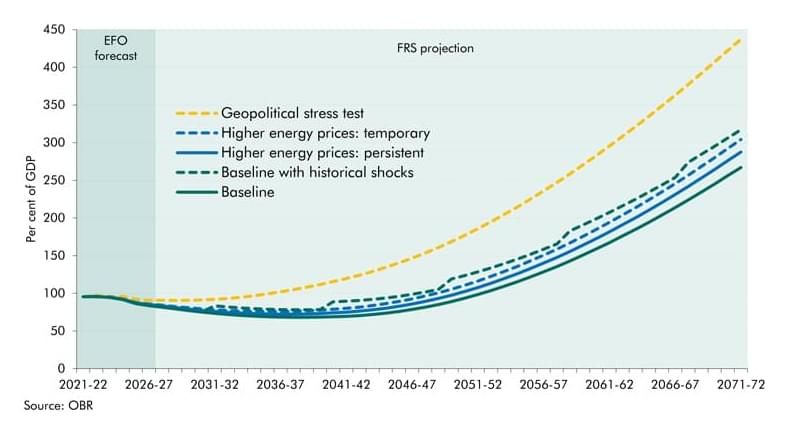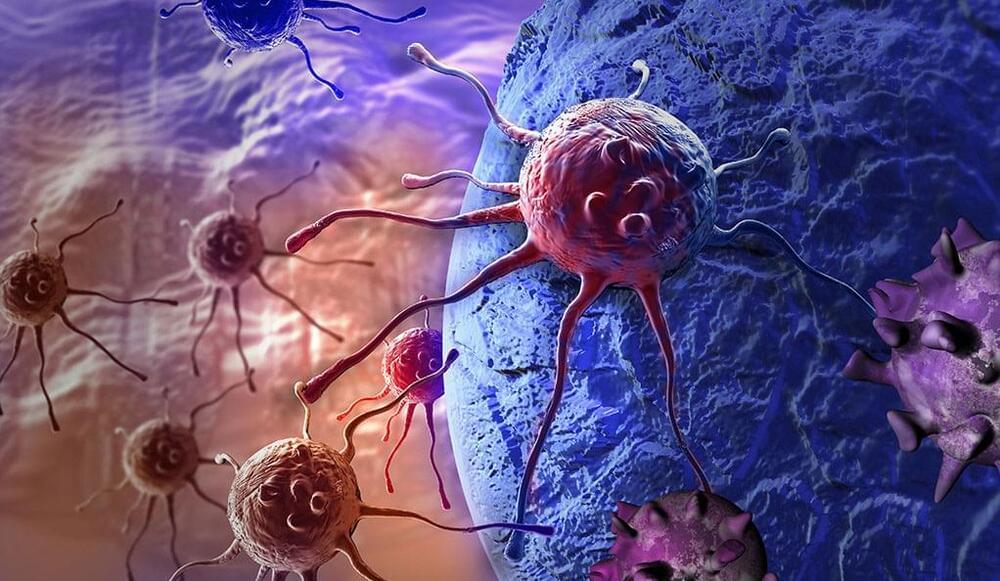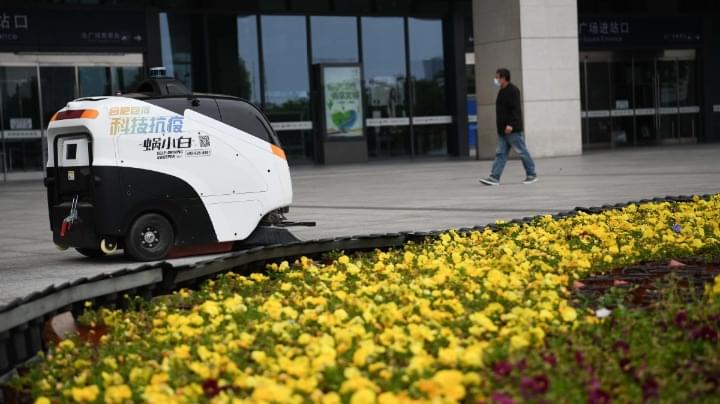Reimagining Nuclear Medicine — Dr. Stephen Moran, Ph.D., Global Program Head, Neuroendocrine Tumors & Other Radiosensitive Cancers, Advanced Accelerator Applications, Novartis
Dr. Stephen Moran, Ph.D., is Global Program Head, Neuroendocrine Tumors & Other Radiosensitive Cancers, for Advanced Accelerator Applications (AAA — https://www.adacap.com/), a Novartis company and also a member of the Oncology Development Unit Leadership Team at Novartis.
Prior to joining AAA, Dr. Moran was Global Head of Novartis Strategy, where he played a key role in defining the company’s strategy, prioritizing critical actions needed to deliver on the mission to discover new ways to extend and improve peoples’ lives. He also led numerous strategic initiatives, including gene therapy (AveXis, now Novartis Gene Therapies), RNA therapeutics (The Medicines Company), precision medicine and digital strategies.
Dr. Moran joined Novartis as Strategic Assistant to the CEO, a position he held for two years and prior to this, he was an associate principal at McKinsey & Company serving as a leader in the healthcare practice, where he focused on health system sustainability, research and development strategy, and the economic analysis of clinical interventions across disease pathways.
Dr. Moran holds a Bachelor of Arts and a Master of Science in Biochemistry from the University of Cambridge in the United Kingdom, including an undergraduate exchange program at the Massachusetts Institute of Technology (MIT). He also received a Doctorate from the University of Oxford in Biophysics where he lectured on thermodynamics, quantum mechanics and electromagnetism as applied to biology.




